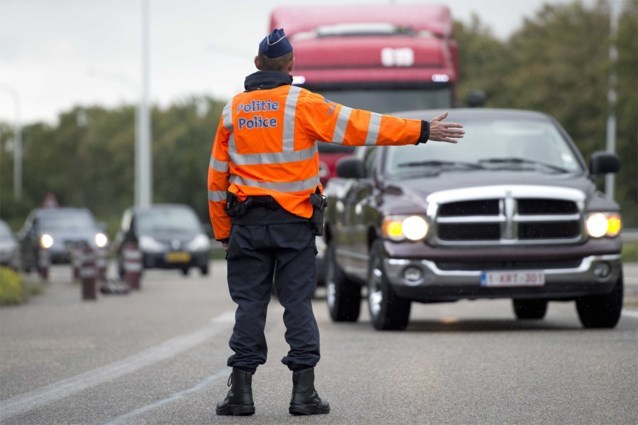A decision by the Belgian authorities to allow people to cross the border with neighbouring countries appears to have taken those countries by surprise, to the dismay of Belgians hoping to visit family members after more than two months of separation.
First, Belgium’s home affairs minister Pieter De Crem (CD&V) announced that the government had decided to allow citizens to cross into Germany, the Netherlands, France and Luxembourg for the purpose of visiting family.
Immediately, it became clear that those neighbouring countries had not been informed of the decision, when Belgians trying to cross into France were turned back.
According to foreign affairs minister Philippe Goffin (MR) the issue was merely a lack of communication, and the problem would be solved as soon as border posts were brought up to speed. But later he said the open border for families did not apply to France at all, and a certificate for non-essential travel was still necessary.
Then De Crem announced that he had neglected to point out that the border would also be open for shopping trips, although that was “not advised”.
That, in effect, brought down the border altogether. Whereas in the morning it was made clear that families could only cross if they could show they were visiting relatives, the new condition meant nobody needed a justification at all.
But that was not how Belgium’s neighbours viewed the matter.
According to the mayor of Sluis in the Dutch province of Zeeland, the decision took everyone by surprise.
“I think the Belgian mayors were just as surprised as we were,” Marga Vermue told the local Zeeland Courant paper. “There was no consultation about it. We would have preferred to know in advance to see whether we should take extra measures or not. It is now a little late for that.”
In Hulst, mayor Jan-Frans Mulder also saw the news as a bolt from the blue.
“We were prepared for [a change on] June 8, the date long cited for reopening the borders,” he noted. “From now on we will closely monitor how many Belgian cars want to enter Hulst via the most popular access roads, such as at the border at Kapellebrug. If we see that it is getting too busy, we will send Belgians back anyway.”
And the confusion was not limited to foreign authorities. Police chiefs and mayors in West Flanders also expressed exasperation.
“It is especially chaotic that we have to hear about this through the media,” said Kenneth Coingé, chief of police of Zone Arro Ypres, close to the border with France. “None of the police chiefs or mayors at the border was aware of this.”
“Here in Menen we will continue to monitor as before,” said the town’s mayor Eddy Lust (Open VLD). “Checks had been relaxed somewhat, but only essential travel is possible. It's crazy, it's a mess, it's unbelievable. It’s always the same, they make the decisions in Brussels and we get to clean up the mess.”
Alan Hope
The Brussels Times

